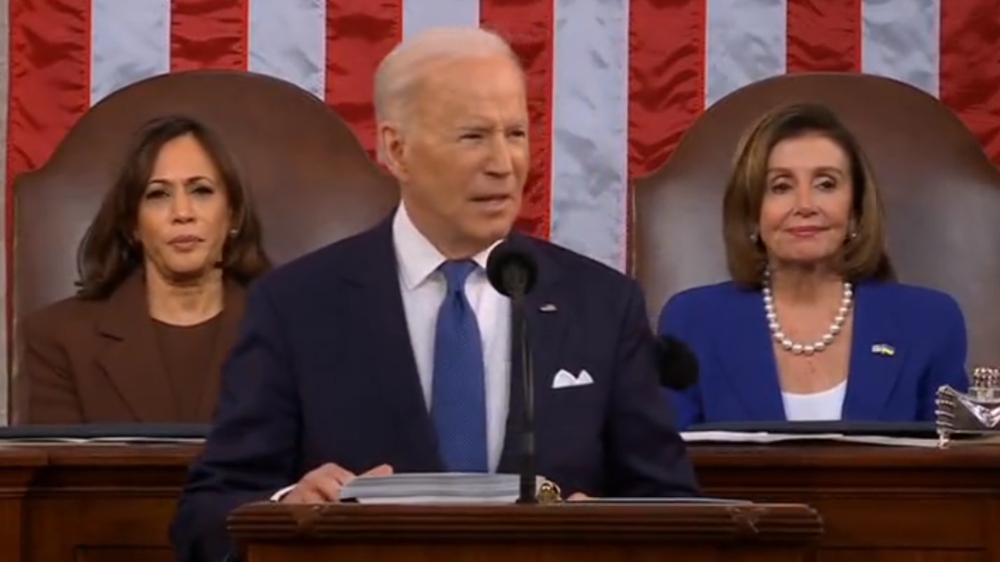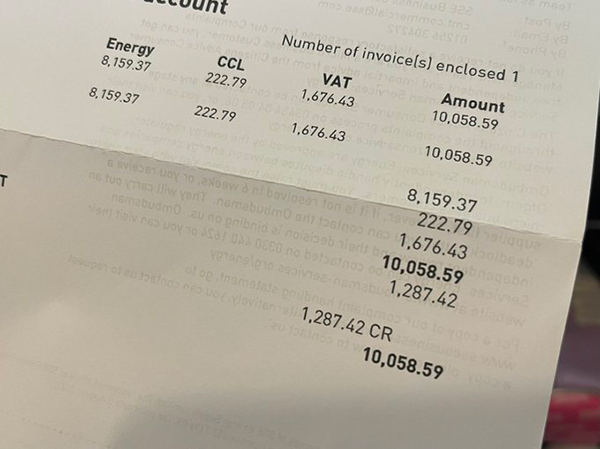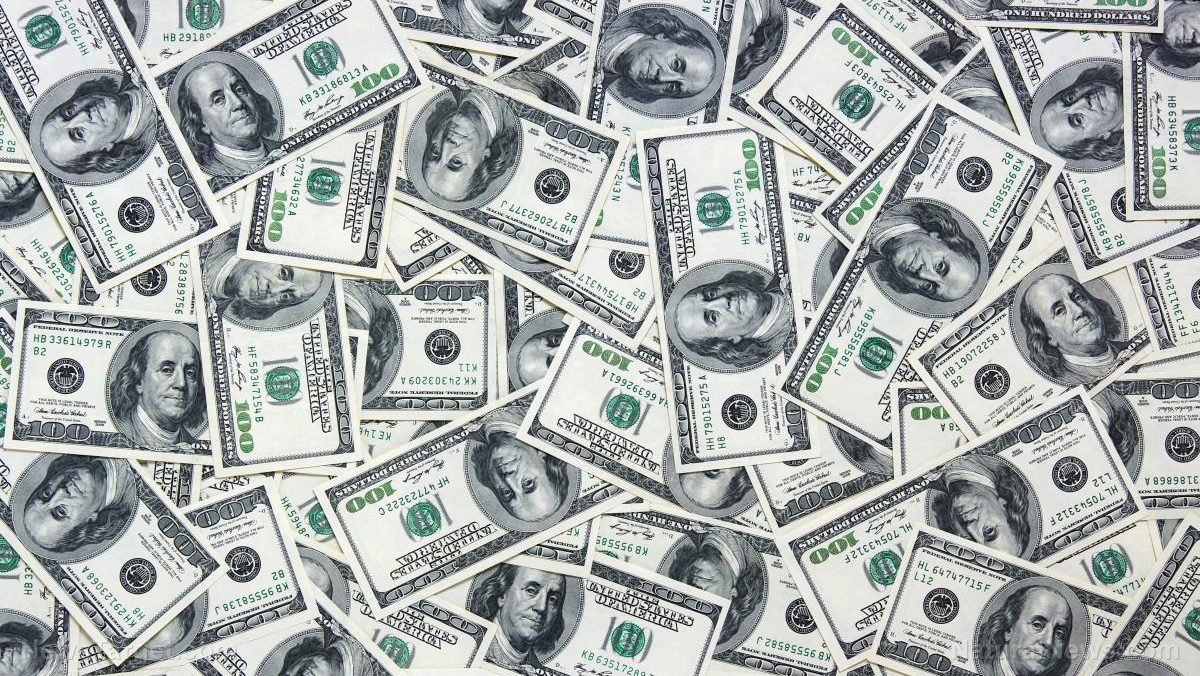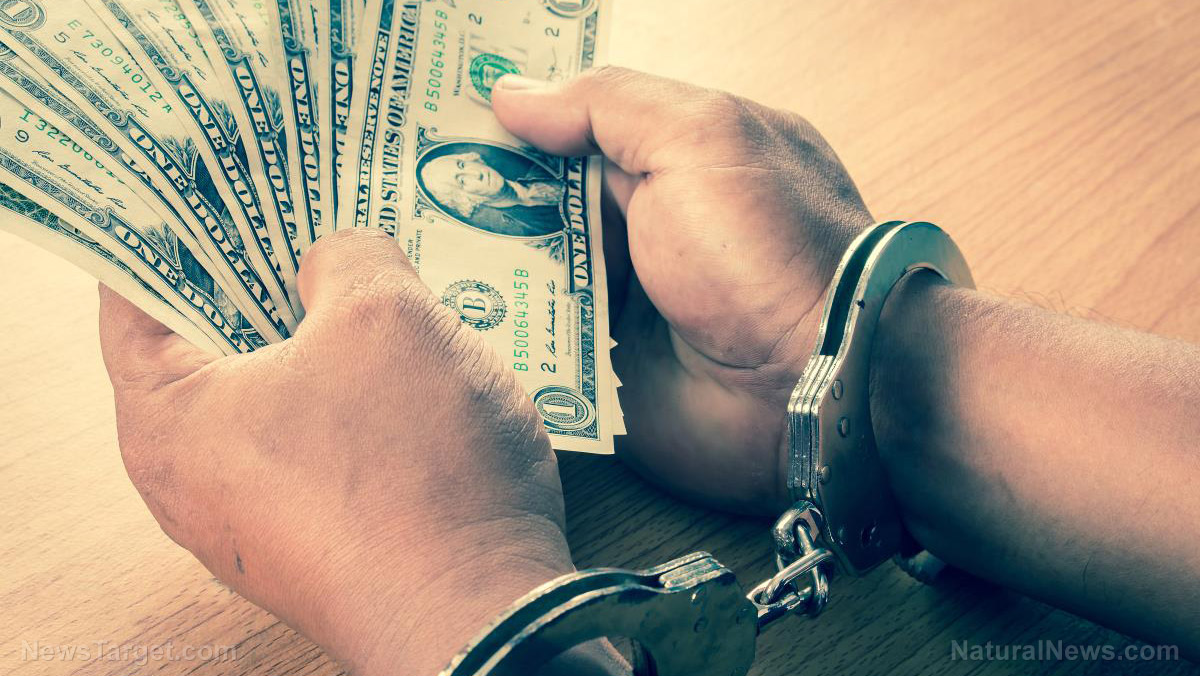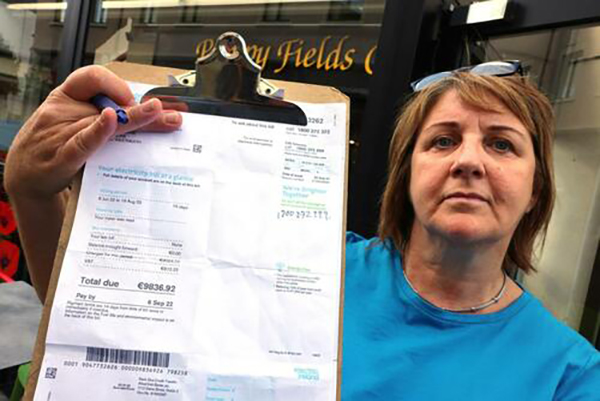More Americans unable to pay on time as “buy now, pay later” loan scheme becomes popular
09/19/2022 / By Ramon Tomey

As the “buy now, pay later” (BNPL) loan scheme gains popularity, the number of Americans unable to pay on time has also risen.
BNPL loans allow customers to pay for items in installments instead of shelling out the full amount. These financial services, considered short-term loans, are popular with younger Americans that fear never-ending credit card debt.
According to a Sept. 15 report by the Consumer Financial Protection Bureau (CFPB), the BNPL industry is indeed growing rapidly. It stated that Americans took out roughly $24.2 billion worth of loans in 2021, a huge leap from only $2 billion in 2019. That figure is only expected to jump even more.
However, the CFPB also pointed out that a rising percentage of BNPL loans are being charged off. The industry’s charge-off rate was 2.39 percent in 2021, but is now likely higher due to the ongoing economic unrest. The charge-off rate for 2020 was only 1.83 percent.
When BNPL companies charge off certain loans, they consider these loans very delinquent that there would be little to no chance of them being collected at all.
Financial analysis firm Fitch Ratings found that delinquencies on BNPL loans rose sharply in the financial year ending March 31. In contrast, credit card delinquencies remained steady. Credit reporting company TransUnion also found that BNPL borrowers use these loans just as much as credit cards – piling on new debt on top of the existing ones they have.
CFPB Director Rohit Chopra remarked during a call with reporters: “This upward trend on [BNPL] delinquencies is continuing.”
Moreover, the bureau’s report also found that a small but growing number of Americans use BNPL loans for routine purchases. A Morning Consult poll attested to this, finding that 15 percent of BNPL customers utilized the loans for routine purchases such as groceries and gas.
Financial advisors have raised concerns over the practice – Andre Jean-Pierre being one of them. Formerly with Morgan Stanley, Jean-Pierre left the financial services firm to start out his own company Aces Advisors.
“If these BNPL plans are not adequately budgeted for, they can have a cascading impact across a person’s entire financial life,” Jean-Pierre warned.
BNPL firms targeting younger Americans with zero credit history
The rising number of Americans failing to repay their BNPL installments on time can be blamed on many factors.
Inflation is squeezing borrowers, making it more difficult to pay off debts. Some fail to budget their money properly, particularly if they are persuaded to take out multiple loans. Others, meanwhile, may have been credit risks from the start.
Fitch Ratings analyst Michael Taiano commented on this. “You have an industry with a higher concentration of subprime borrowers in a market that hasn’t been effectively tested through this type of economy, and you have a kind of a toxic brew of concerns,” he said.
Short-term BNPL loans could cause potential problems as they are not reported in a consumer’s credit profile – which companies like TransUnion provide. Younger Americans without any credit history are often the target of companies offering BNPL services. (Related: “Buy now, pay later” schemes touted by influencers burying Gen Z deeper in debt.)
Sen. Sherrod Brown (D-OH), the chairman of the Senate Banking Committee, zeroed in on BNPL companies targeting younger borrowers during a Sept. 13 hearing about new financial products. While he noted the benefits of these short-term loans, he decried how the industry promotes these.
“Ads encourage customers to use these plans for multiple purchases at multiple online stores, racking up debt they cannot afford to repay,” Brown said.
The Financial Technology Association (FTA) – the trade group of BNPL companies – responded to criticisms that its short-term loans could saddle borrowers with too much debt. FTA CEO Penny Lee said in a statement: “With zero- to low-interest, flexible payment terms and transparent terms and conditions, BNPL helps consumers manage their cash flow responsibly and live healthier financial lives.”
Visit DebtCollapse.com for more about BNPL loan payment delinquencies.
Watch this video about the increasing popularity of BNPL loans.
This video is from the Zoon Politikon channel on Brighteon.com.
More related stories:
American household debt now over $16 TRILLION amid rising inflation.
Americans are taking on more debt than they can handle, most of it going to mortgages.
Sources include:
Submit a correction >>
Tagged Under:
BNPL loans, Bubble, buy now pay later, Collapse, debt bomb, debt collapse, delinquencies, economic collapse, economics, economy, finance, financial collapse, Inflation, loan payments, loans, market crash, repayments, risk, short-term loans
This article may contain statements that reflect the opinion of the author
RECENT NEWS & ARTICLES
COPYRIGHT © 2017 NATIONAL DEBT NEWS


